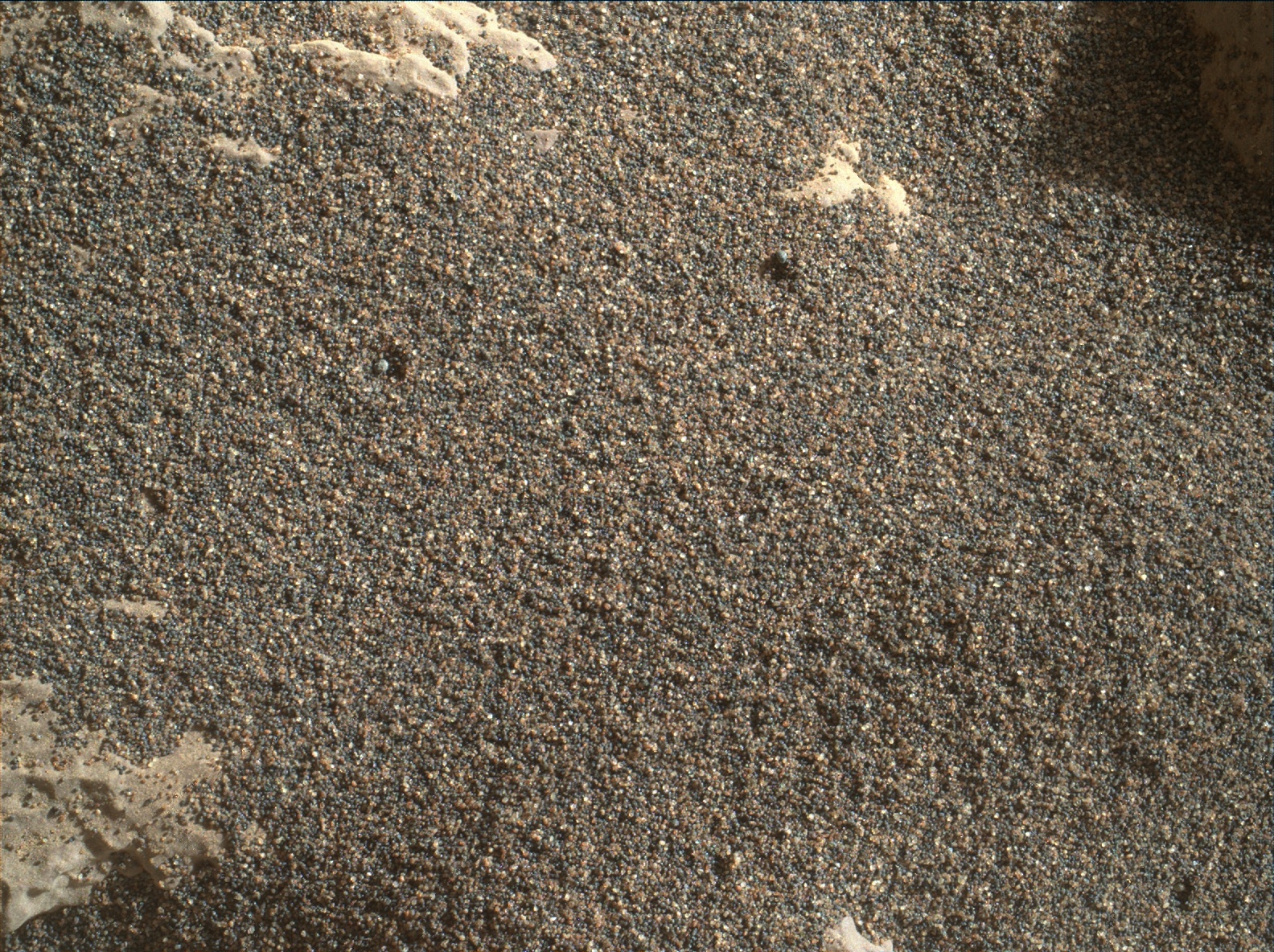Monday, February 15, 2016
Stuffed, I am...
Stuffed, I am... We just finished our early lunch, feasting on Debbie's latest delight: a chicken casserole featuring (lots of) poblano pepper, corn tortillas, mozzarella cheese, cilantro, sour cream, butter, and mushrooms. Poblano peppers, if you don't know them, are a real culinary delight. They're often called “pasilla” peppers in U.S. stores, but they're really poblanos. If you like green (“Bell”) peppers but don't like the spiciness of jalapenos and the like, that the poblano pepper might be your new best recipe friend. It's got way more flavor than a green pepper, but none of the spiciness of a jalapeno...
This is Debbie's second pass at this recipe, and this one was way better for some reason. We know from the first go-round that this dish freezes very nicely, so we've now got some more “instant meals” for our freezer. Man, this was good! At left below is the casserole moments after emerging triumphant from the oven; at right is my pig bowl (and somehow I ate the entire thing!)...
This is Debbie's second pass at this recipe, and this one was way better for some reason. We know from the first go-round that this dish freezes very nicely, so we've now got some more “instant meals” for our freezer. Man, this was good! At left below is the casserole moments after emerging triumphant from the oven; at right is my pig bowl (and somehow I ate the entire thing!)...
Oh, look what Curiosity found now!
Oh, look what Curiosity found now! If you look closely at that photo, you'll see two little “craters” in the sand, each with what looks like a BB nearby. I found this in today's MAHLI raw photo dump, so there's no explanation attached.
I'll speculate a bit. My guess is that those are solidified drops of molten rock, splashed out from some (relatively nearby) impact crater where a meteor struck the Martian surface. The fact that the little sand “craters” haven't filled in suggests that this happened fairly recently...
I'll speculate a bit. My guess is that those are solidified drops of molten rock, splashed out from some (relatively nearby) impact crater where a meteor struck the Martian surface. The fact that the little sand “craters” haven't filled in suggests that this happened fairly recently...
Really?
Really? Michael Brooks is a physicist (Ph.D. in quantum physics from the University of Sussex in England), and a noted science writer. He's also written a novel (which I didn't know about until I read his Wikipedia page this morning). The New Scientist is currently running an article by him, which includes this:
The entire edifice of science is built upon the notion of seeking the truth about nature, whether it comports with our preconceived ideas or not. Honesty in the process is utterly essential, and rooting out dishonesty is one of the hallmarks of science (though sometimes it takes a lot longer than one would hope!). If Brooks' ideas here were to become the norm, it's easy to see that what we think of today as science would degenerate into something like ... what climatology and social sciences are today. It's appalling that Brooks (apparently) believes otherwise. I can only hope that he was drunk when he wrote this...
How can this be so, when honesty is supposedly such an essential attribute? Because it gets the job done. Raymond De Vries at the University of Michigan and colleagues have argued that data manipulation based on intuition of what a result should look like is “normal misbehaviour”. They see such common misbehaviours as having “a useful and irreplaceable role” in science. Why? Because of “the ambiguities and everyday demands of scientific research”.In brief, he's arguing that it's just fine for scientists to cook and cherry-pick their data (which is, in large part, where any “evidence” for AGW comes from). A scientist is arguing that honesty in science isn't essential.
In other words, data isn’t often as clean as you would like. According to Frederick Grinnell, an ethicist at the University of Texas, intuition is “an important, and perhaps in the end a researcher’s best, guide to distinguishing between data and noise”. Sometimes you just know that data point was an anomaly to be ignored.
Should we do something to make science more virtuous? Probably not.
The entire edifice of science is built upon the notion of seeking the truth about nature, whether it comports with our preconceived ideas or not. Honesty in the process is utterly essential, and rooting out dishonesty is one of the hallmarks of science (though sometimes it takes a lot longer than one would hope!). If Brooks' ideas here were to become the norm, it's easy to see that what we think of today as science would degenerate into something like ... what climatology and social sciences are today. It's appalling that Brooks (apparently) believes otherwise. I can only hope that he was drunk when he wrote this...
Subscribe to:
Comments (Atom)



